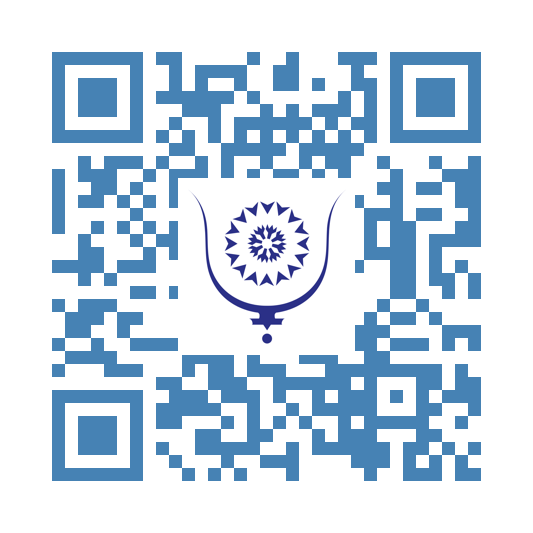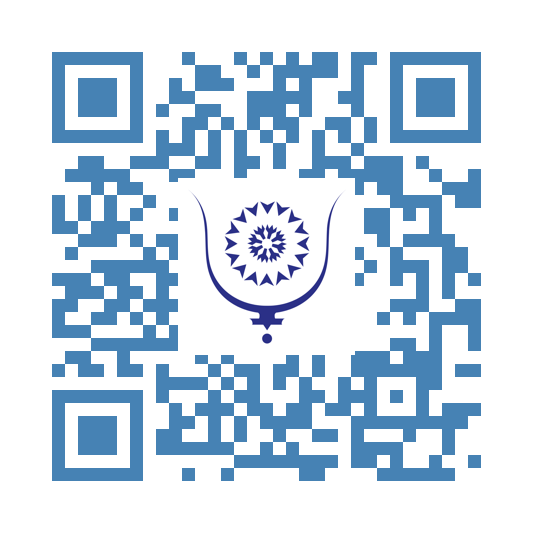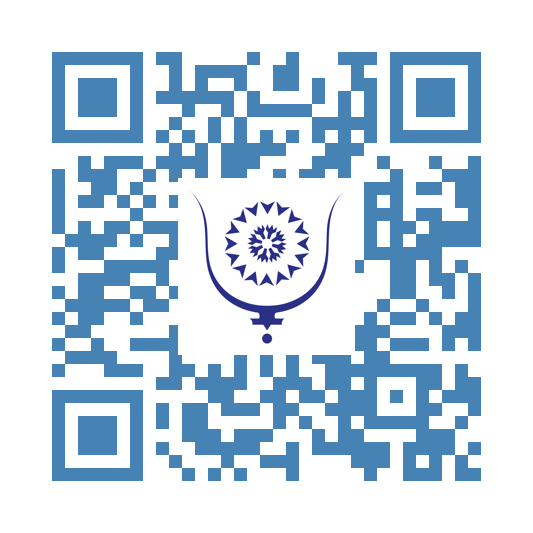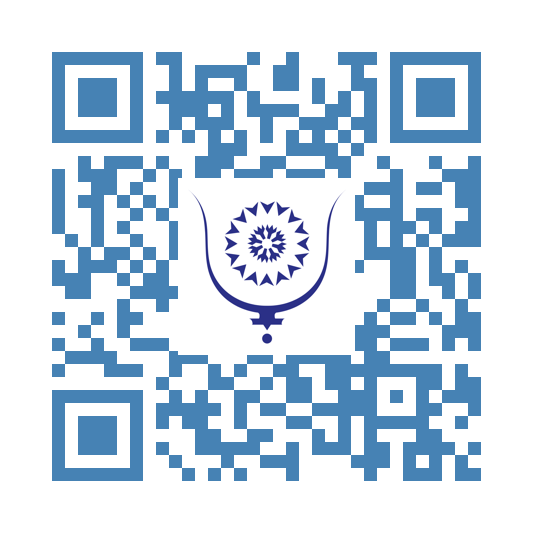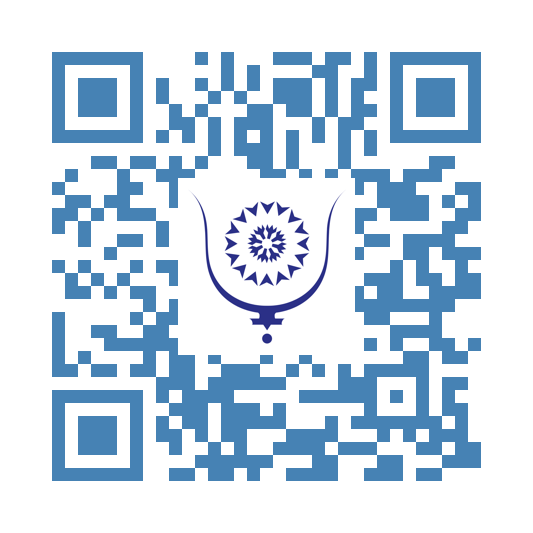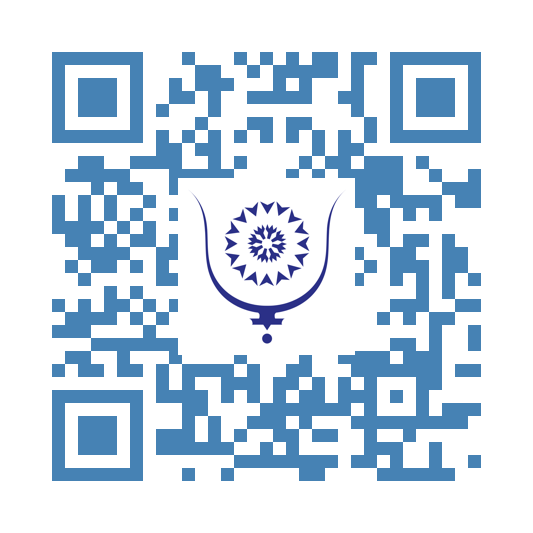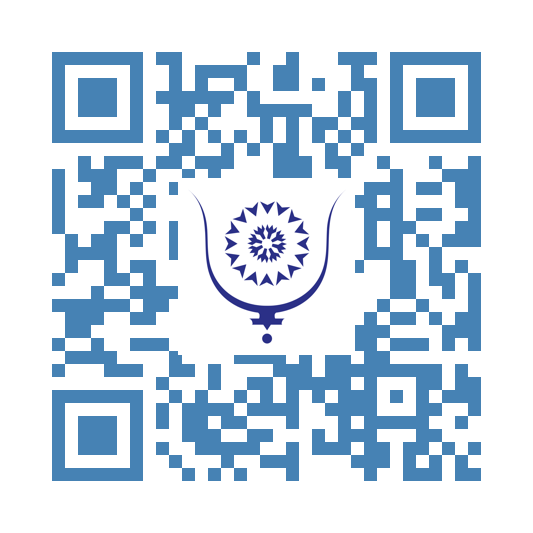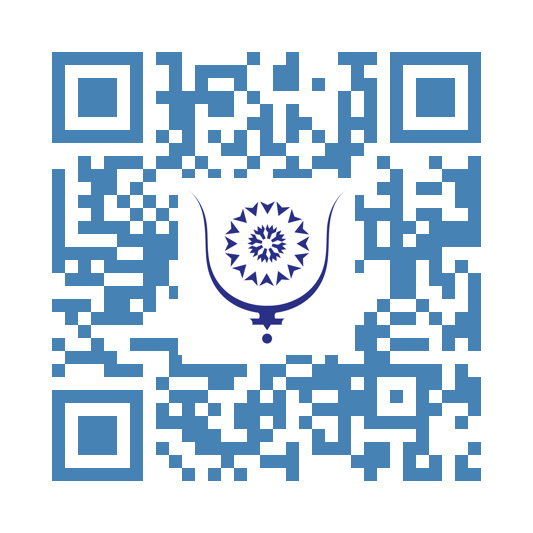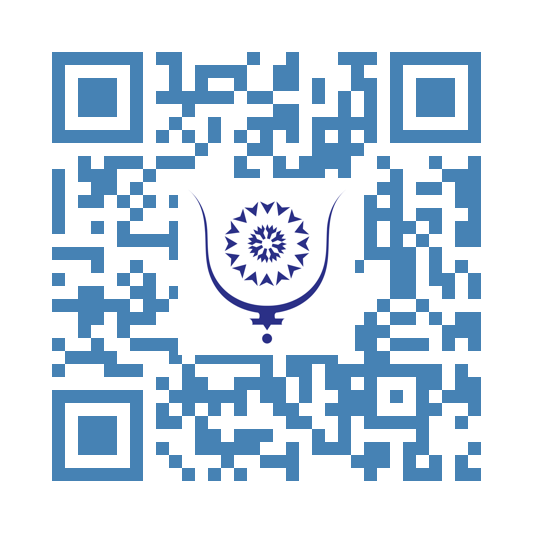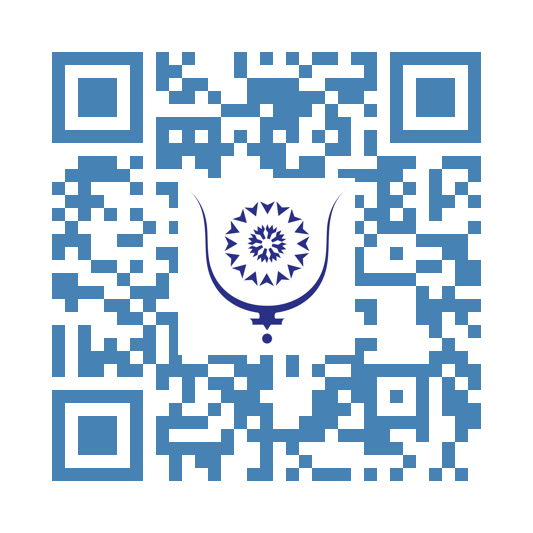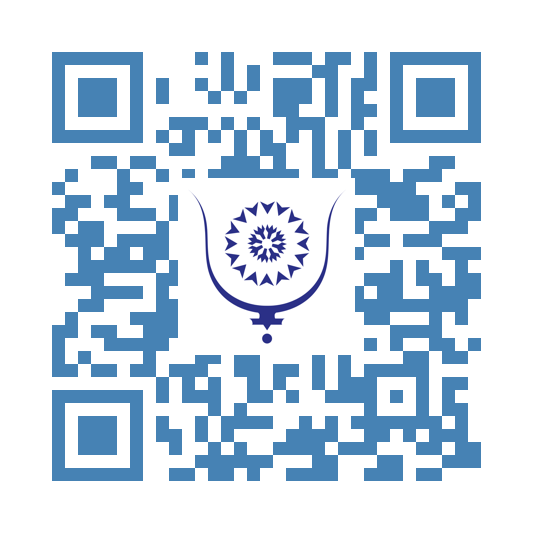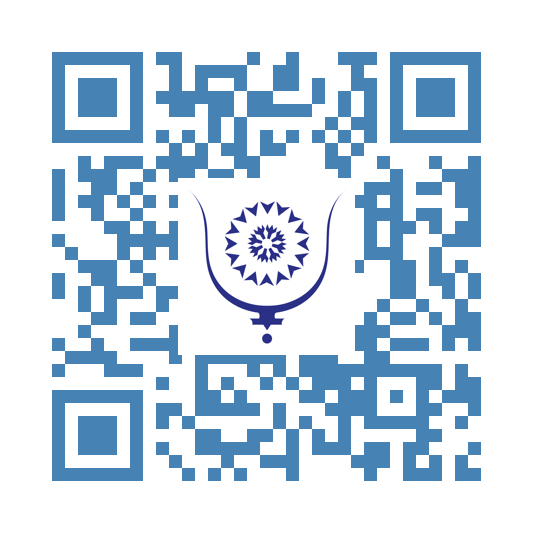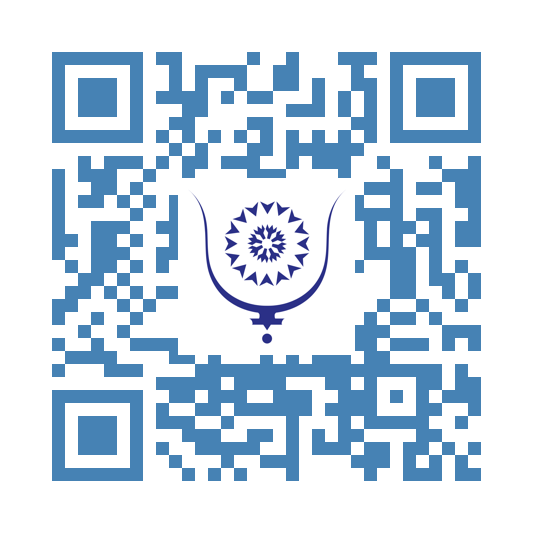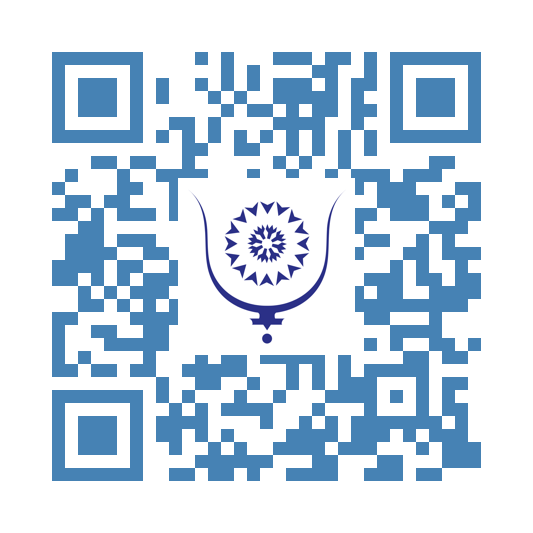LIVES, VOL.1 - LIFE OF THESEUS.[2/10] 3384
VI. Now while he was yet a child, Aethra concealed the real parentage of Theseus, and a story was circulated by Pittheus that his father was Poseidon. For the people of Troezen have an especial reverence for Poseidon; he is their tutelar deity; to him they offer first-fruits of their harvest, and they stamp their money with the trident as their badge. But when he was grown into a youth, and proved both strong in body and of good sound sense, then Aethra led him to the stone, told him the truth about his father, and bade him take the tokens from beneath it and sail to Athens with them. He easily lifted the stone, but determined not to go to Athens by sea, though the voyage was a safe and easy one, and though his mother and his grandfather implored him to go that way. By land it was a difficult matter to reach Athens, as the whole way was infested with robbers and bandits. That time, it seems, produced men of great and unwearied strength and swiftness, who made no good use of these powers, but treated all men with overbearing insolence, taking advantage of their strength to overpower and slay all who fell into their hands, and disregarding justice and right and kindly feeling, which they said were only approved of by those who dared not do injury to others, or feared to be injured themselves, while men who could get the upper hand by force might disregard them. Of these ruffians, Herakles in his wanderings cut off a good many, but others had escaped him by concealing themselves, or had been contemptuously spared by him on account of their insignificance. But Herakles had the misfortune to kill Iphitus, and thereupon sailed to Lydia and was for a long time a slave in that country under Omphale, which condition he had imposed upon himself as a penance for the murder of his friend. During this period the country of Lydia enjoyed peace and repose; but in Greece the old plague of brigandage broke out afresh, as there was now no one to put it down. So that the journey overland to Athens from Peloponnesus was full of peril; and Pittheus, by relating to Theseus who each of these evildoers was, and how they treated strangers, tried to prevail upon him to go by sea. But it appears that Theseus had for a long time in his heart been excited by the renown of Herakles for courage: he thought more of him than of any one else, and loved above all to listen to those who talked of him, especially if they had seen and spoken to him. Now he could no longer conceal that he was in the same condition as Themistokles in later times, when he said that the trophy of Miltiades would not let him sleep. Just so did the admiration which Theseus conceived for Herakles make him dream by night of his great exploits, and by day determine to equal them by similar achievements of his own.
VII. As it happened, they were connected, being second cousins; for Aethra was the daughter of Pittheus, and Alkmena the daughter of Lysidike, and Lysidike and Pittheus were brother and sister, being the children of Pelops and Hippodameia. So Theseus thought that it would be a great and unbearable disgrace to him that his cousin should go everywhere and clear the sea and land of the brigands who infested them, and he should refuse to undertake the adventures that came in his way; throwing discredit upon his reputed father by a pusillanimous flight by sea, and upon his real father by bringing him only the sandals and an unfleshed sword, and not proving his noble birth by the evidence of some brave deed accomplished by him. In this spirit he set out on his journey, with the intention of doing wrong to no one, but of avenging himself on any one who offered wrong to him.
VIII. And first in Epidaurus he slew Periphetes, who used a club as his weapon, and on this account was called the club-bearer, because he laid hands upon him and forbade him to proceed farther on his way. The club took his fancy, and he adopted it as a weapon, and always used it, just as Herakles used his lion's skin; for the skin was a proof of how huge a beast the wearer had overcome, while the club, invincible in the hands of Theseus, had yet been worsted when used against him. At the Isthmus he destroyed Sinis the Pine-bender by the very device by which he had slain so many people, and that too without having ever practised the art, proving that true valour is better than practice and training. Sinis had a daughter, a tall and beautiful girl, named Perigoune. When her father fell she ran and hid herself. Theseus sought her everywhere, but she fled into a place where wild asparagus grew thick, and with a simple child-like faith besought the plants to conceal her, as if they could understand her words, promising that if they did so she never would destroy or burn them. However, when Theseus called to her, pledging himself to take care of her and do her no hurt, she came out, and afterwards bore Theseus a son, named Melanippus. She afterwards was given by Theseus in marriage to Deïoneus, the son of Eurytus of Oechalia. Ioxus, a son of Melanippus, and Theseus's grandchild, took part in Ornytus's settlement in Caria; and for this reason the descendants of Ioxus have a family custom not to burn the asparagus plant, but to reverence and worship it.
IX. Now the wild sow of Krommyon, whom they called Phaia, was no ordinary beast, but a fierce creature and hard to conquer. This animal he turned out of his way to destroy, that it might not be thought that he performed his exploits of necessity. Besides, he said, a brave man need only punish wicked men when they came in his way, but that in the case of wild beasts he must himself seek them out and attack them. Some say that Phaia was a murderous and licentious woman who carried on brigandage at Krommyon, and was called a sow from her life and habits, and that Theseus put her to death.





